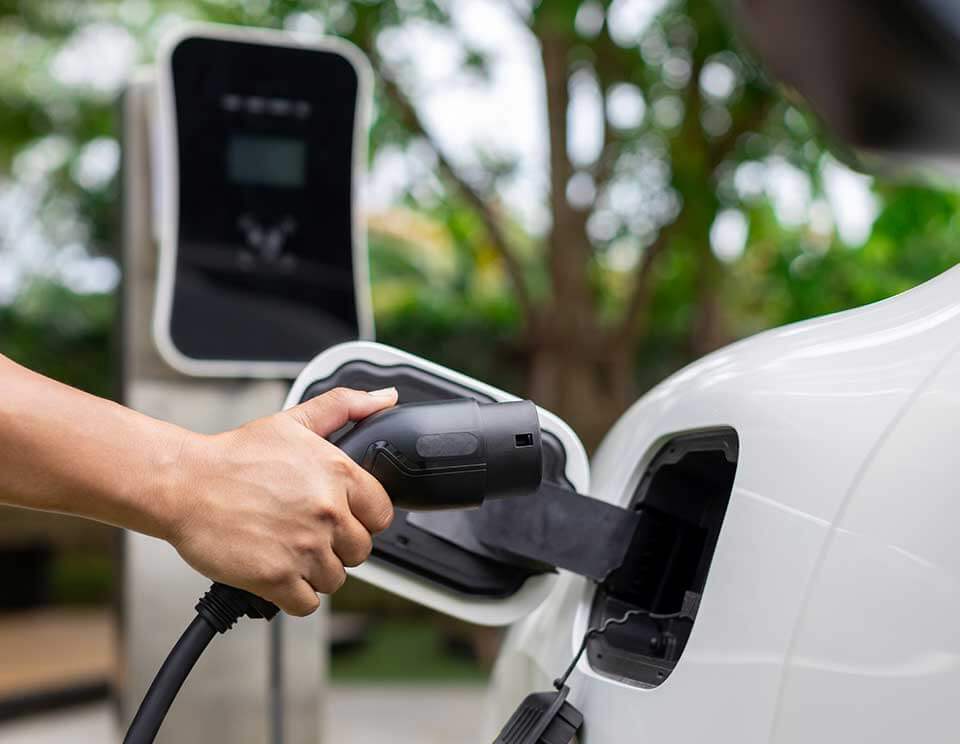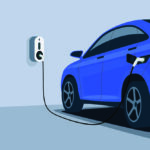Industry Analysis and Evolution
In Africa, due to investment trends and policy incentives, the development of the new energy transportation ecosystem is rapid. Commercial investors and development finance institutions (DFIs) are increasingly active in this industry, with technology-oriented venture capital funds investing $105 million in Africa’s transportation industry in 2021. Anticipating a 15% annual compound growth rate in the electric vehicle market in Africa and the Middle East over the next five years, based on demographics, urbanization, and economic growth, governments are increasingly focusing on this sector. The Economic Community of West African States has adopted plans for transitioning to fuel-efficient and electric vehicles. Investors are promoting the development of the new energy vehicle industry through direct investments in public transportation and business models, building infrastructure, and providing policy support to enterprises.
Opportunities and Challenges
However, limited non-monetary incentives (such as free parking, use of bus lanes) restrict the widespread adoption of electric vehicles. The influx of used internal combustion engine vehicles from high-income countries, accounting for about 52% of second-hand four-wheel vehicle imports in Africa and the Middle East, poses a new risk of market limitation. The investment gap in electric vehicles presents dual challenges, both in supply and demand. High greenhouse gas emissions and air pollutants from the transport sector, largely due to reliance on outdated second-hand vehicles, are a major concern. Electric vehicles are seen as a key solution to this emission issue. Range anxiety remains a significant barrier to the adoption of electric vehicles, with about 60% of over 3000 South African respondents citing a lack of charging infrastructure as their main concern. On the investment side, different financing issues in supply and demand continue to exacerbate the investment gap.
Assessment and Growth Prospects
The electric vehicle industry is flourishing across Africa and the Middle East, with Kenya, Ghana, Morocco, Egypt, Rwanda, and Uganda showing exceptional potential. Kenya, with over 50 startups mainly in electric bikes and tricycles, has the largest electric vehicle startup ecosystem in Africa. The investment community is increasingly interested in the electric vehicle sector, and the government has introduced policies to support electric vehicles, reducing consumption tax from 20% to 10%, while keeping the tax rate for fuel vehicles at 20%. Ghana has a vast electric vehicle market and is one of the world’s fastest-growing automotive industries. Morocco offers a huge domestic and export market, stable energy foundations, and favorable policy environments. Challenges exist, such as Egypt’s heavy fossil fuel subsidies, Rwanda’s limited market scale, and Uganda’s lack of a comprehensive policy framework to support the industry’s development.
Future Outlook
Market efforts will naturally aid the development of the electric vehicle industry, promoting regional progress and technological innovation. Business models in rural electric vehicles may bring more opportunities, and there is potential in other areas such as small cars and electric boats. Innovations in the electric vehicle sector, including battery storage, universal charging standards, and carbon credit financing, can enhance the feasibility of the entire African electric vehicle business model. Rural electric vehicle startups often have meager profits and lack stable funding sources; marketization can play a significant role in this area, helping entrepreneurs establish robust business models. Small transportation markets also have huge potential, with an expected growth rate of about 13% over the next five years. Cities like Nairobi and Kigali have established dedicated bicycle lanes, and market efforts can focus on advocating electronic MaaS models, reducing consumer purchase costs, and providing on-demand access to small transportation vehicles. Furthermore, the development of a comprehensive charging network will promote the construction of the entire industry’s infrastructure.





